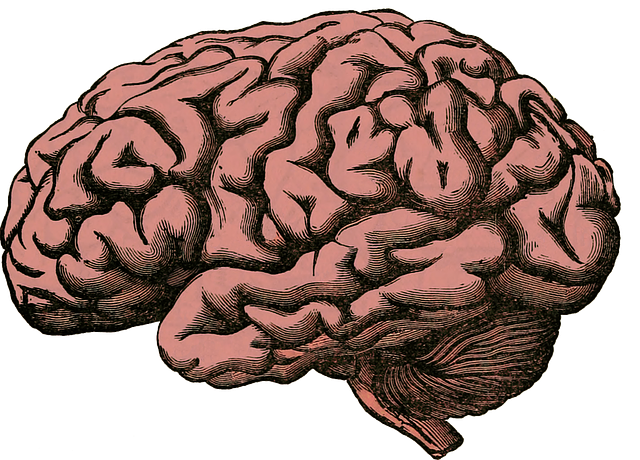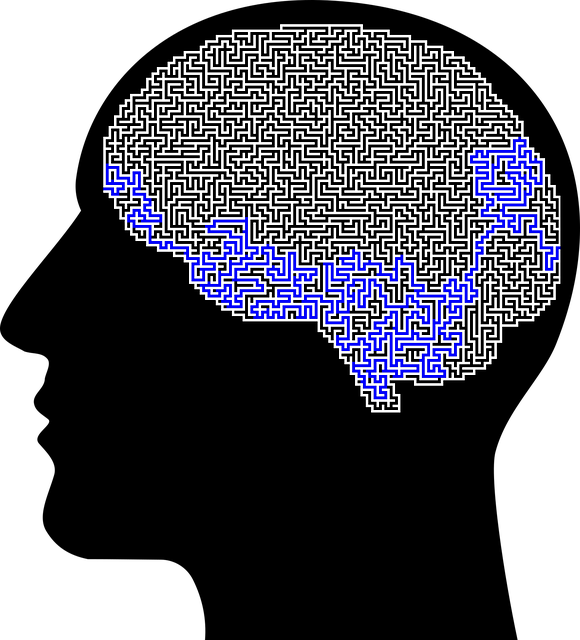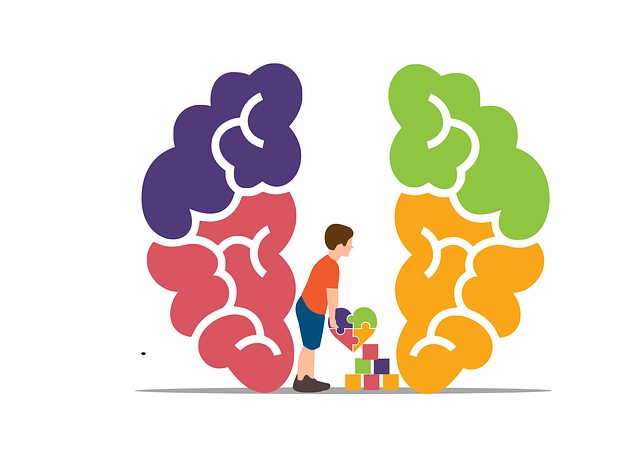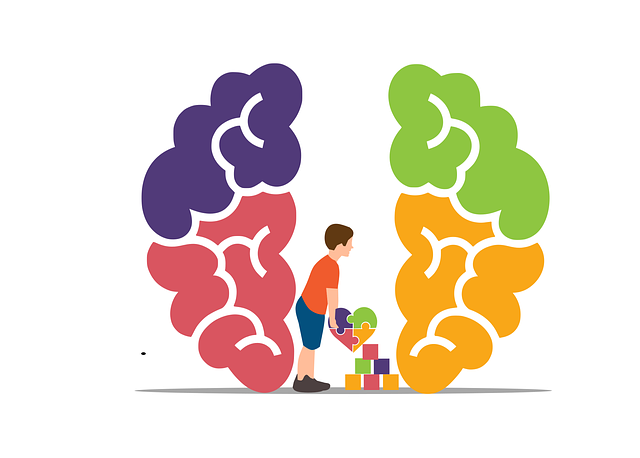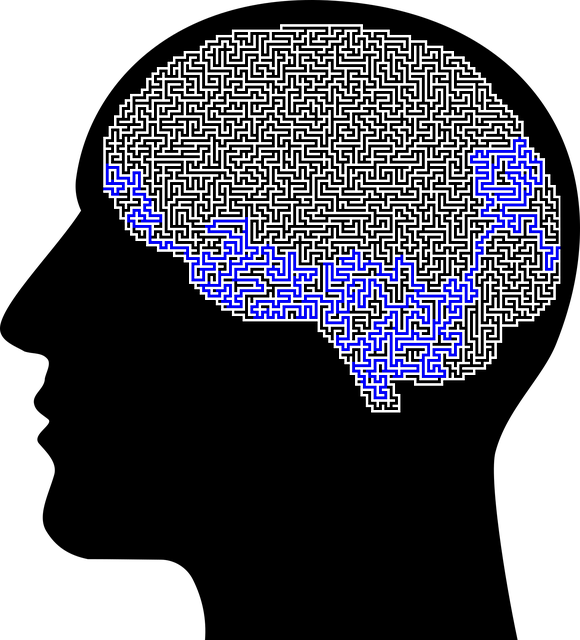Lafayette Divorce Therapy provides specialized support for individuals dealing with trauma and divorce, offering tailored therapy, conflict resolution, and stress reduction techniques. Their evidence-based approach, grounded in Emotional Intelligence and cultural competency, creates safe spaces for processing traumatic experiences. Through holistic practices, counseling, and compassion cultivation, they empower clients to build inner strength, recover from trauma, navigate divorce with stability, and lead fulfilling lives.
Trauma is a profound experience that can leave lasting impacts on individuals, affecting their mental health and daily functioning. Understanding trauma and its multifaceted effects is crucial for providing effective support. This article explores the critical role of Lafayette Divorce Therapy in assisting survivors navigate their journeys towards healing. We delve into key components of successful trauma support services, emphasizing the creation of safe spaces for recovery. Additionally, we provide resources and strategies to foster long-term resilience, highlighting Lafayette Divorce Therapy as a game-changer in trauma care.
- Understanding Trauma and its Impact on Individuals
- The Role of Lafayette Divorce Therapy in Supporting Survivors
- Key Components of Effective Trauma Support Services
- Creating a Safe and Therapeutic Environment for Healing
- Resources and Strategies for Long-Term Trauma Recovery
Understanding Trauma and its Impact on Individuals

Trauma is a profound and complex experience that can leave lasting effects on individuals’ mental and emotional well-being. It’s essential to understand that trauma doesn’t discriminate; it can impact people from all walks of life, including those seeking divorce or navigating relationship transitions in Lafayette. Divorce itself can be a significant source of stress and trauma, often leading to feelings of loss, anxiety, and depression.
At Lafayette Divorce Therapy, we recognize the interplay between trauma and divorce. Our approach focuses on developing inner strength and resilience through specialized therapy techniques. We guide individuals through conflict resolution methods tailored to their unique situations, enabling them to process traumatic experiences safely. Additionally, stress reduction strategies are integral to our practice, helping clients manage anxiety and promote healing. By addressing these aspects, we empower individuals to navigate their divorce journey with greater stability and a sense of control.
The Role of Lafayette Divorce Therapy in Supporting Survivors

Lafayette Divorce Therapy plays a pivotal role in supporting survivors navigating the complexities of trauma. Their specialized services cater to individuals seeking healing and recovery from emotional wounds stemming from divorce or separation. The therapists at Lafayette Divorce Therapy are equipped with advanced communication strategies, prioritizing an empathetic and non-judgmental approach to foster a safe space for clients to process their experiences.
Through the integration of Emotional Intelligence, the therapy sessions enable survivors to understand their emotions, develop healthy coping mechanisms, and enhance their overall well-being. Furthermore, Lafayette Divorce Therapy offers Healthcare Provider Cultural Competency Training to ensure their services resonate with diverse communities, addressing unique cultural considerations in trauma support. This comprehensive approach makes them a trusted resource for those seeking holistic healing and empowerment in the aftermath of divorce.
Key Components of Effective Trauma Support Services

Effective trauma support services are multifaceted and tailored to address the complex needs of individuals who have experienced traumatic events. At Lafayette Divorce Therapy, we believe in a holistic approach that combines professional counseling with compassionate cultivation practices. Our key components include creating a safe and non-judgmental space where clients feel empowered to share their stories without fear of stigma or judgment, often stemming from Mental Illness Stigma Reduction Efforts.
We prioritize mental health awareness by integrating evidence-based therapies designed to help individuals process and overcome trauma. By fostering an environment that encourages self-care and resilience, our services aim to enhance coping mechanisms and promote healing. Through these comprehensive strategies, we strive to provide a supportive network that not only alleviates immediate distress but also empowers clients to lead fulfilling lives despite their past experiences.
Creating a Safe and Therapeutic Environment for Healing

Creating a safe and therapeutic environment is paramount in trauma support services. At Lafayette Divorce Therapy, we prioritize cultivating spaces that foster healing and emotional regulation. Our approach involves a blend of private sessions and community outreach program implementations to address the multifaceted needs of individuals navigating trauma. This holistic strategy ensures that clients feel supported, understood, and empowered throughout their journey towards recovery.
By integrating self-care routine development for better mental health into our practice, we equip individuals with valuable tools to manage their well-being. Through tailored interventions, we help clients create sanctuaries within their lives—a crucial aspect of trauma healing. This environment becomes a testament to their resilience, offering a contrast to the chaotic and distressing experiences they’ve endured.
Resources and Strategies for Long-Term Trauma Recovery

Trauma recovery is a journey that often requires ongoing support and specialized strategies. Beyond initial crisis intervention, long-term trauma recovery involves a multifaceted approach. Lafayette Divorce Therapy offers a range of resources tailored to this need, including individual therapy sessions and group support programs. These platforms facilitate processing and integration of traumatic experiences, fostering resilience and emotional healing.
One effective strategy within this framework is the incorporation of mental health education programs design that empower individuals with trauma-informed care knowledge. Additionally, risk assessment for mental health professionals plays a crucial role in ensuring safe and compassionate practice when working with traumatized clients. Compassion cultivation practices have also proven beneficial, encouraging individuals to develop self-compassion and enhance their ability to connect with others.
In light of the profound impact trauma can have on individuals, the provision of effective trauma support services is essential. As previously mentioned, key components include creating a safe space, utilizing evidence-based therapies, and offering long-term resources for recovery. Lafayette Divorce Therapy plays a crucial role in this process, providing specialized support tailored to survivors’ unique needs. By focusing on these aspects, we can foster healing and enable individuals to reclaim their lives post-trauma. Remember that access to quality trauma support services is vital, and with the right approach, recovery is achievable.

